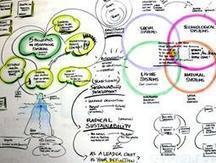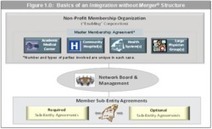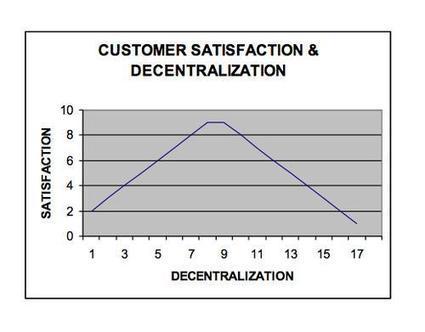SANTIAGO (Reuters) - As the debt crisis raged across the euro zone last year, Madrid-native Laura Tapias and her partner found themselves out of work. With nearly one in four Spaniards unemployed, (Page 2 of 2)...

|
Scooped by
Billy R Bennett
onto Organization Design January 27, 2013 6:32 AM
|





 Your new post is loading...
Your new post is loading...



























Global production and jobs are shifting
While much of the world was experiencing near recession, Chile was booming. The country's unemeployment rate has fallen to levels near full employment. One consequence has been double digit growth (near 25% annually) in immigration.
Professionals from abroad - especially Spain where the unemployment rate is 25% - are in great demand.
From the article
Companies are asking for more work permits, so they can recruit people from abroad," said Jonas Prising, president of global staffing services company ManpowerGroup .
"Countries like Australia, Canada, Singapore, Panama in some cases, they understand that they don't have enough of a labor pool. They also understad understand that if you have enough skilled labor, companies will invest in your country, you can continue to grow," he added.
However, one consequence is the lack of infrastructure - especially access to education. Chile is making investments but there are many to be made.
Keep an eye of Chile to see if they manage to invest well and deal with the strains of growth.
www.pyramidodi.com
Pyramid ODI is a global organization development firm. We help companies to bulid great work, great workpalces and to release their full potential.